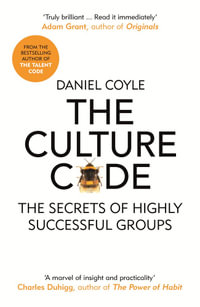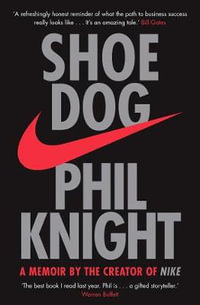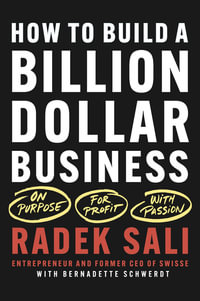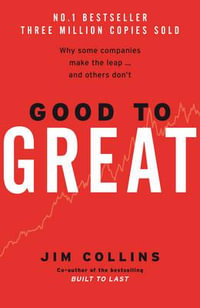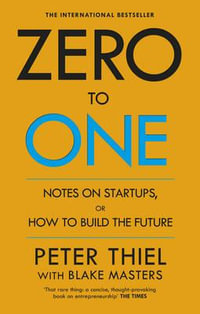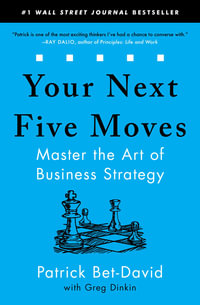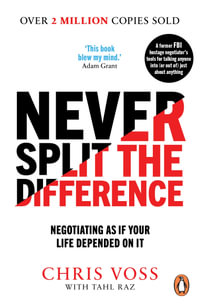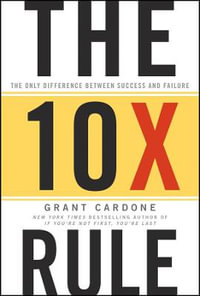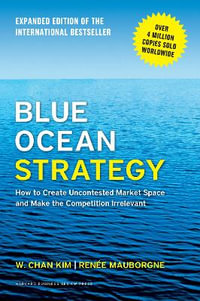There are books on outsourcing, but most are by academics or consultants. Few address multi-sourcing. The author of Successful Outsourcing and Multi-Sourcing, is a practitioner who headed an operation that handles over 500 million customer contacts a year with less than 30 staff, through both outsourcing and multi-sourcing. Multi-sourcing occurs where each individual function is contracted directly by the client rather than using a large system integrator or prime contractor. This approach lowers costs, reduces reliance on suppliers, speeds up change and generates a greater degree of innovation. The downside is it places much more of the risk on the client and needs specialist skills to run effectively. As well as a focus on multi-sourcing, the book addresses the question of why a business should outsource in the first place and how decisions to do this should be strategic, rather than it being something that happens by accident. Chapters then illuminate the benefits of single-sourcing; the benefits of multi-sourcing; how best to decide what outsourcing model to choose; how to transition to outsourcing; and what steps to take to maximise benefit and minimise risk. Downsides are clearly spelled out and alternatives to outsourcing are examined, including partial outsourcing and insourcing. This book serves as a valuable source of practical guidance for organisations looking at outsourcing strategy, outsourcing professionals, and those teaching or studying business topics.
Industry Reviews
'If anyone has the right to write a book about "successful outsourcing" it's Derek, because National Rail Enquiries has been one of the big successes in outsourcing and Derek has played a key part in that success. Don't expect this to be an academic study, although all the luminaries are here: Lesley Wilcox, Tom Gash, Chris Halward and more. Derek calls upon them to demonstrate his points and argue why one course of action may be better than another. He illustrates this work with a number of case studies - National Rail Enquires of course, and many more. He includes checklists, some excellent examples from the Institute of Government and historical points ranging from the Ford Motor Company in the 1920s to the UK Cabinet Office in 2013! There are some cracking recommendations, ideas and observations; you can tell Derek is a practitioner as, unusually for books on outsourcing, he devotes many pages to transition and change. If you've ever run an outsourcing programme, believe me, this is one of the most important areas in outsourcing and is often overlooked. Finally he shows how a lifecycle model can help you understand the outsourcing process and prepare for what's to come. All in all I would recommend this book to anyone either starting, running or responsible for outsourcing; it balances research and the school of hard knocks (Derek's hands-on experience) to give you a well-balanced view of outsourcing. You can read it from cover to cover to build up your knowledge or delve into the sections that will help you deal with the issues you are facing now. If you've read this far, you'll know I'm convinced, so buy it!' Martyn Hart, Founder of the National Outsourcing Association (NOA), UK


